The wellness aisle is a minefield. With glossy packaging and influencer-backed promises, supplements have become the go-to fix for everything from fatigue to brain fog to belly bloat. But just because something is trending on TikTok—or costs $60 for 30 capsules—doesn’t mean it’s effective. Or necessary.
Some supplements are legit. Others are just expensive placebos riding the wave of wellness marketing. Here are 10 popular ones that sound impressive but, in reality, might be doing more for the brand’s bottom line than for your body.
1. Collagen Powder
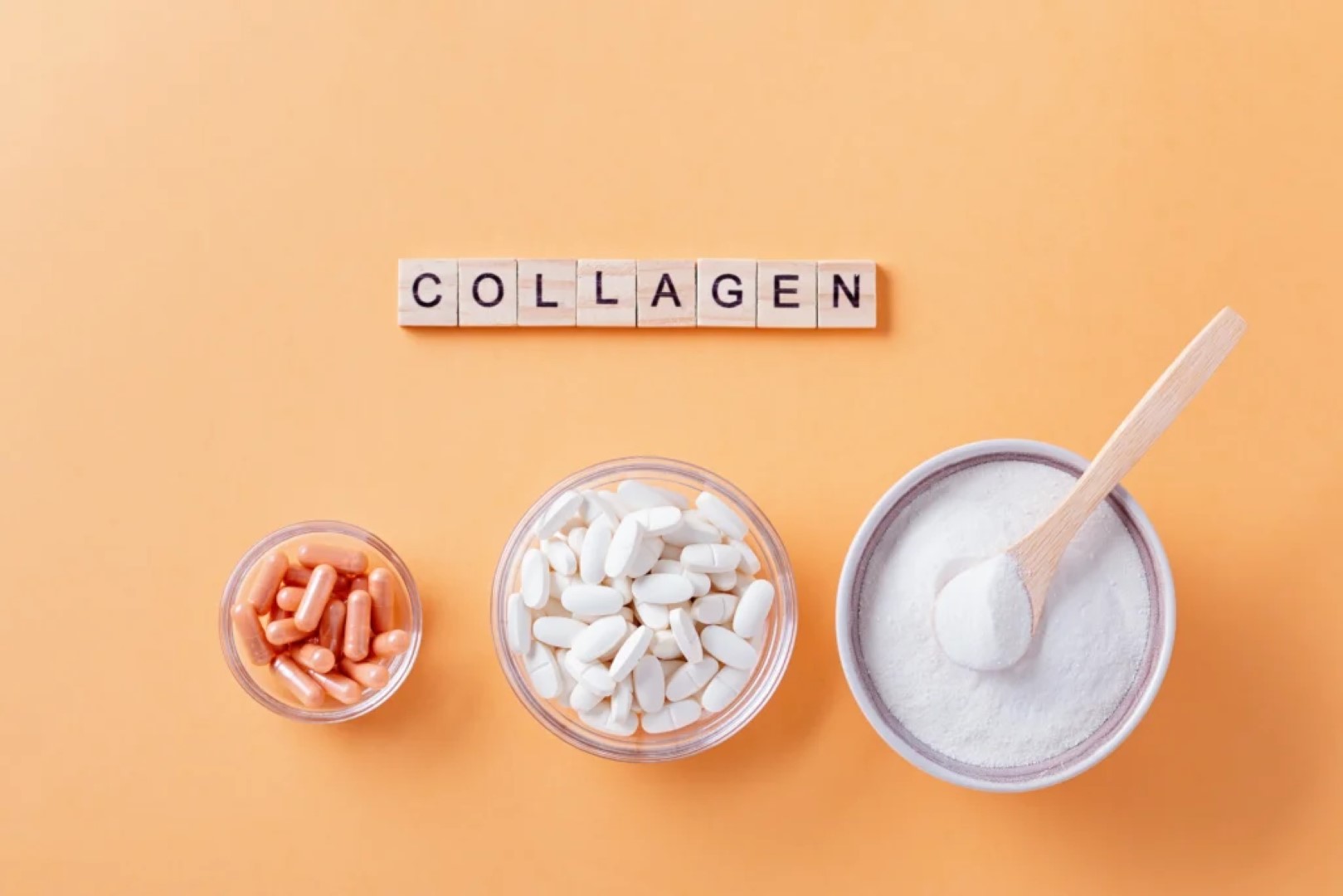
It’s marketed as the holy grail for skin, hair, joints, and even gut health. But most collagen powders are broken down in the digestive process before they can make it to your skin or joints in any meaningful way. Even if you’re seeing results, it may have more to do with the overall protein content than the collagen itself.
According to Harvard Health, collagen supplements are digested into amino acids, and it’s unclear how much actually contributes to skin or joint repair. Prioritizing a protein-rich diet and vitamin C, which helps your body synthesize its own collagen, is more effective. Whole foods like bone broth provide collagen in a more bioavailable, synergistic way.
2. Biotin

Biotin is everywhere in hair-growth vitamins, but unless you have a rare deficiency, extra biotin does little to speed up your hair or nail growth. In fact, high doses can interfere with lab results and thyroid testing, leading to misdiagnosis or missed red flags.
According to Healthline, biotin supplementation may support hair growth only in people with a deficiency, which is rare in healthy individuals. There is limited evidence to suggest that taking extra biotin improves hair growth or nail strength in those who already get enough from their diet. Hair loss is more likely linked to hormonal imbalance, iron deficiency, or chronic stress—issues that biotin won’t resolve.
3. BCAAs (Branched-Chain Amino Acids)

BCAAs are hyped in the fitness world for muscle building and recovery. But if you’re already eating enough protein throughout the day, BCAAs are redundant. Your body needs all essential amino acids to repair muscle, not just three.
According to Examine.com, unless you’re fasting for long periods or doing fasted workouts, BCAA supplements offer little benefit beyond what a balanced protein intake provides. For better gains, focus on your overall protein consumption instead of expensive powders with neon labels.
4. Activated Charcoal
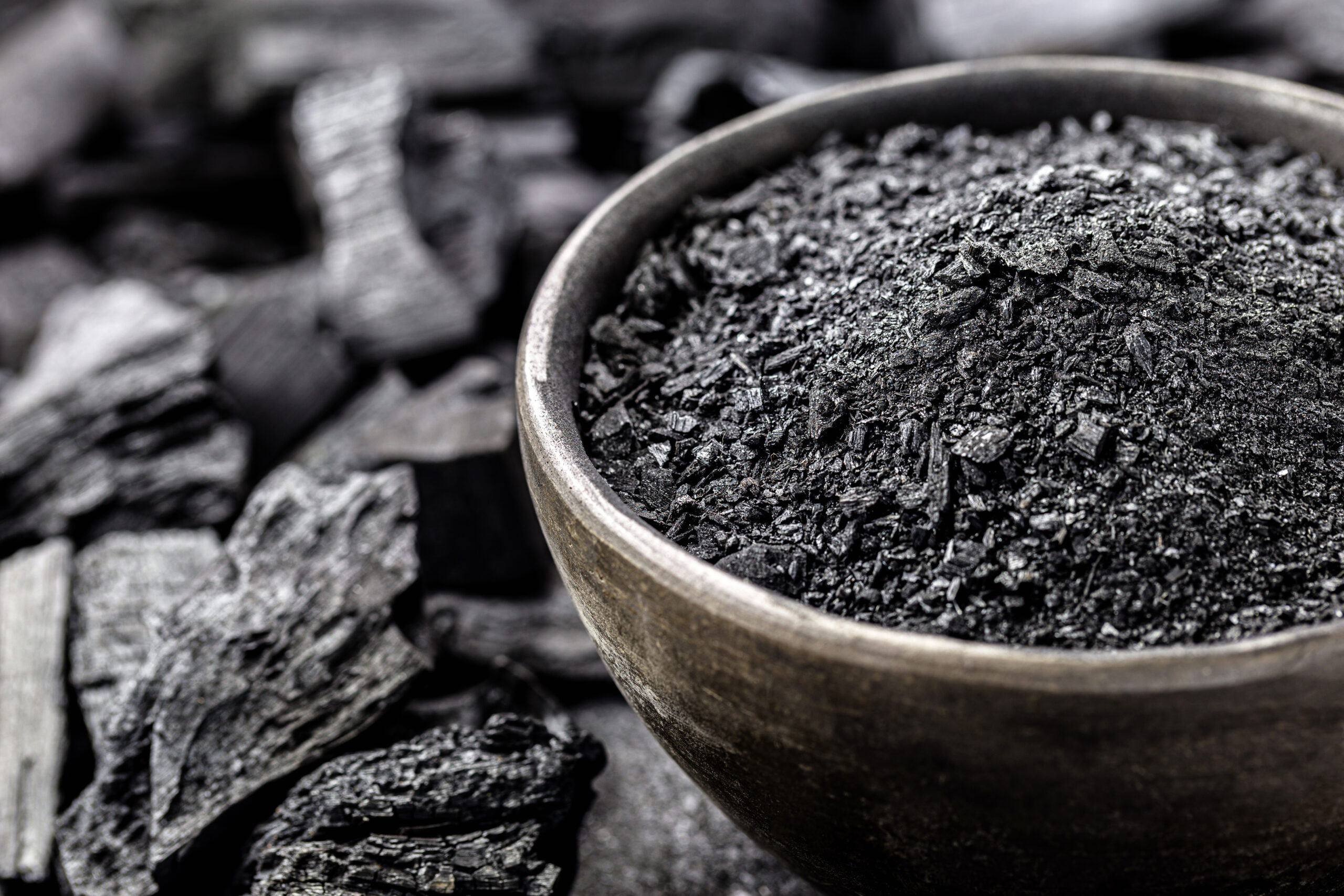
Once reserved for emergency rooms to treat poisoning, activated charcoal has somehow made its way into detox kits, juices, and toothpaste. But the truth is, it doesn’t “detox” your body unless you’ve literally ingested a toxin—and it can interfere with medication absorption if overused.
According to Medical News Today, activated charcoal is only effective against certain toxins in specific circumstances, and there is no current research proving it can detoxify the body in general. Doctors use it in cases of poisoning, but its over-the-counter use for general detox lacks scientific support and may carry risks, such as interfering with nutrient or medication absorption. Plus, your liver and kidneys do a great job of detoxing all on their own. Charcoal might look chic in black lemonade, but it’s doing a whole lot of nothing once it’s in your system.
5. Fat Burners
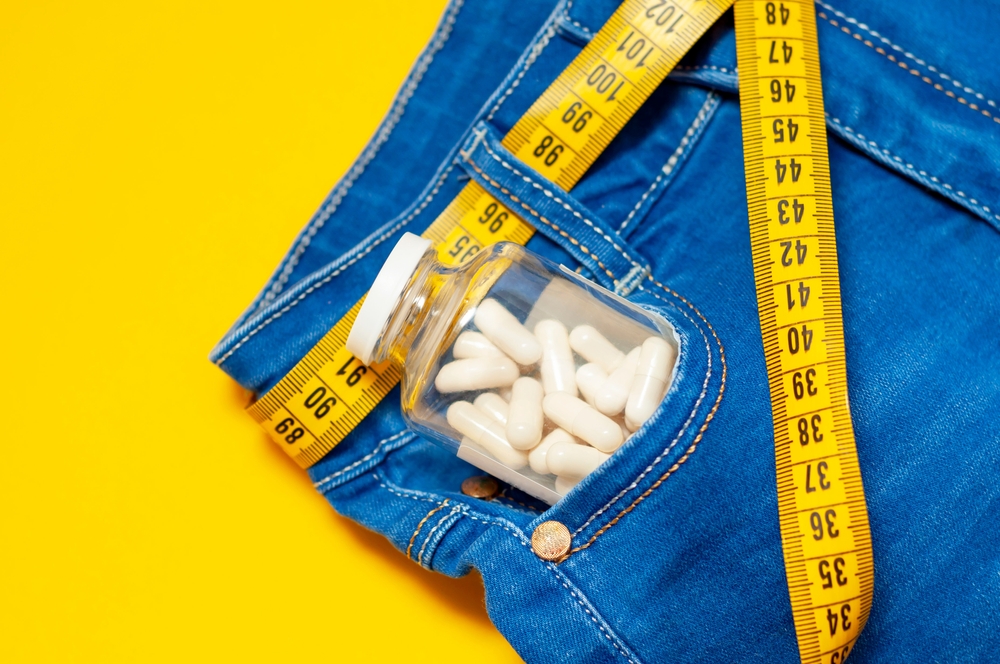
From green tea extract to “thermogenic stacks,” fat burners promise effortless weight loss with zero lifestyle change. But most are just high-caffeine stimulants that raise your heart rate and suppress appetite—temporarily. Once you stop taking them, any progress often rebounds.
According to ISSA, fat burners may provide limited short-term benefits, but research shows they are less effective than exercise or a combination of diet and exercise for long-term weight loss. Some ingredients might offer minor effects, but results tend to diminish over time, and potential side effects can be serious. If weight loss is your goal, don’t gamble with your metabolism. Burn fat the old-fashioned way: sustainably and without shortcuts1.
6. Detox Teas
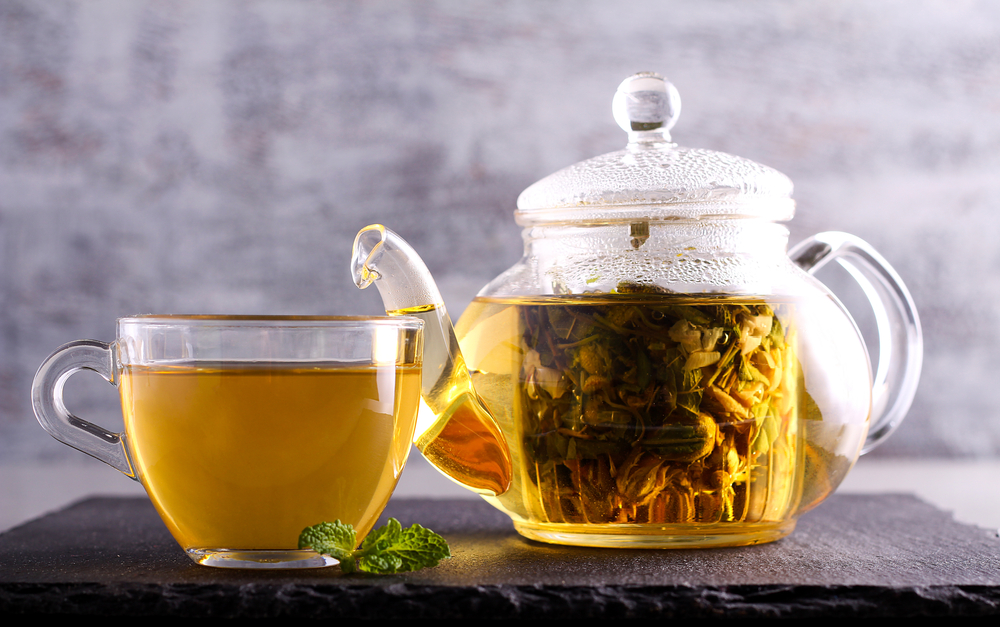
Detox teas are basically glorified laxatives in fancy packaging. They don’t cleanse your organs or remove toxins—they just make you go to the bathroom more. Any weight loss is usually just water weight or temporary bloat relief, not actual fat loss or toxin elimination.
Some contain senna, which can be habit-forming and damaging to your gut lining when overused. If your digestion feels sluggish, fiber, hydration, and fermented foods are far safer—and way more effective—options.
7. Multivitamins (for Everyone)

Multivitamins sound like a smart insurance policy, but they often contain more nutrients than you need—and not in forms your body can easily absorb. Plus, your diet might already be covering most of what’s in the pill, especially if you eat a variety of whole foods.
Unless you have a specific deficiency, you may just be creating expensive pee. A better strategy? Test, don’t guess—then supplement what’s actually missing, not what the label says you might need.
8. Glutathione Supplements
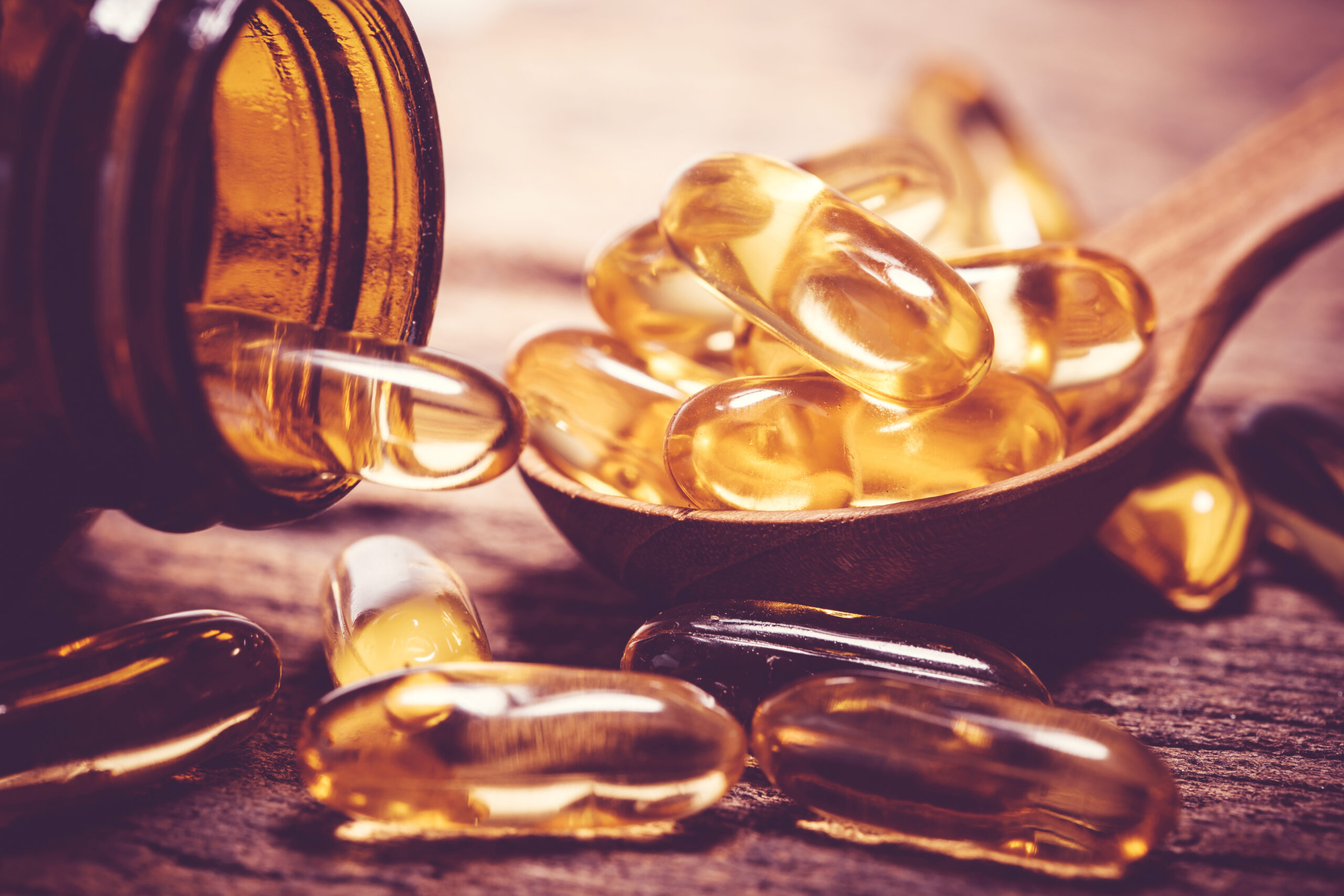
Glutathione is a powerful antioxidant your body makes naturally, and wellness brands love to sell it as an anti-aging or detox miracle. But taken orally, glutathione is poorly absorbed and largely destroyed in the gut before it can do much of anything.
If you want to boost glutathione, focus on lifestyle upgrades: eat cruciferous veggies, reduce alcohol, and take NAC (N-acetylcysteine), which helps your body make it naturally. Don’t waste your money on fancy capsules that don’t deliver.
9. Chlorophyll Drops

Touted as a miracle for body odor, skin clarity, and energy, chlorophyll drops became a viral sensation. But the science behind these claims is limited at best. There’s no solid evidence it detoxes your body or cures acne, and any benefit is likely from drinking more water—not the drops themselves.
If you want the benefits of chlorophyll, eat leafy greens like spinach or parsley. They contain the compound in its natural context—plus fiber, vitamins, and phytonutrients your body actually needs.
10. Apple Cider Vinegar Pills

ACV in capsule form is marketed as a weight loss and digestion miracle, but the hype often outpaces the evidence. While there’s some research suggesting ACV may modestly impact blood sugar, the pill version may not deliver the same results as the liquid—and the dosage is usually inconsistent or underwhelming.
If you do take ACV, opt for a tablespoon diluted in water before meals—but even then, don’t expect dramatic changes. It’s a small tool, not a miracle fix.
Natasha is a seasoned lifestyle journalist and editor based in New York City. Originally from Sydney, during a stellar two-decade career, she has reported on the latest lifestyle news and trends for major media brands including Elle and Grazia.


